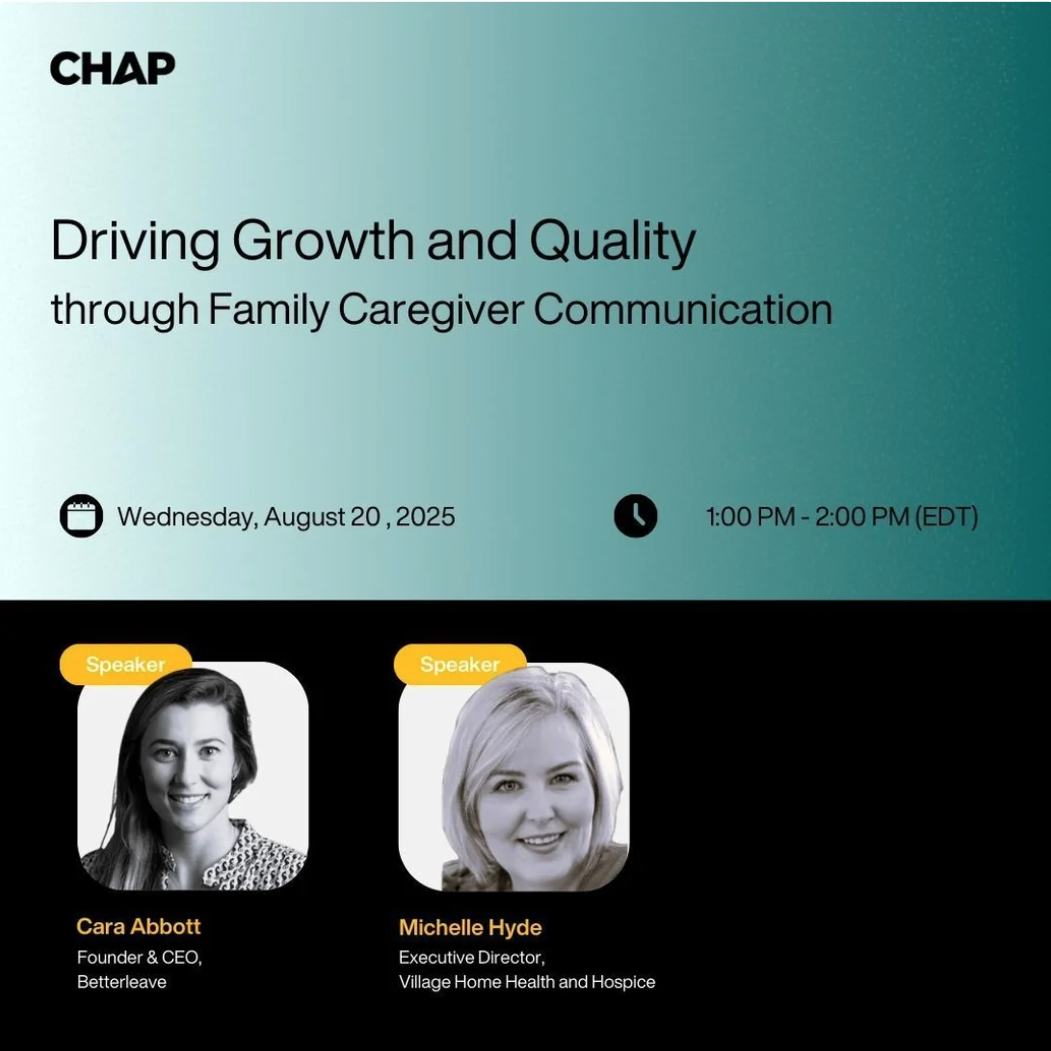Understanding the Family Caregiver's Perspective
Family caregivers, 92% of whom play an active role in decision making, often bear the emotional and physical burdens of caring for a loved one in hospice. They are typically the ones who interact with hospice staff, monitor patient care, and provide feedback about the services received, both for the patient and for themselves and their families. This perspective is invaluable when assessing the quality of care provided by hospice organizations. Their experiences shape their opinions, significantly influencing online reviews and referrals.
Psychologist Jason Hotchkiss emphasizes three key factors drive caregiver ratings: star ratings, emotional intensity, and caregiver sentiment. Positive experiences lead to favorable reviews, while negative experiences can result in detrimental feedback.
The Importance of Caregiver Sentiment
One of the most critical insights derived from Hotchkiss’s research is the paramount question caregivers ask: “Did someone care about me as I cared for my loved one in hospice?” This query reflects the emotional intensity behind caregiving, underscoring that caregivers want acknowledgment and support during this challenging time. Unlike hospital settings where patient-rated experiences are often collected, hospice care experiences are rated predominantly by caregivers. This shift in perspective is crucial for hospices to understand as they strive to enhance their services.
The Impact of Negative Reviews on Hospice Organizations
According to Forbes, a staggering 80% of viewers are deterred by negative reviews, which can have a lasting impact on hospice businesses. Potential patients and families often rely on online reviews to inform their choices about hospice care and a single negative review can dissuade families from choosing a particular hospice, even if they may have otherwise received excellent care. The consequences extend beyond immediate referrals; a poor reputation can lead to a decline in overall patient volume and affect the organization’s bottom line.
Moreover, the CAHPS Hospice survey, an essential tool for measuring family caregiver satisfaction, focuses on various aspects of care, including communication, responsiveness, and overall experience. A lower score on these surveys not only affects a hospice's reputation with consumers, but can also impact referrals with other healthcare, home care, and long term care providers.
Proactively Avoiding Negative Reviews
By adding an extra layer of care and support for family caregivers, hospices can proactively avoid negative reviews and enhance their overall reputation, improving patient outcomes and also strengthening the organization’s position within the community.
Betterleave's communication tools offer proactive support for families and caregivers by providing timely, personalized outreach through email, text, and live chat. These tools ensure that families receive ongoing guidance and resources, helping them navigate difficult moments and stay connected with care teams, ultimately enhancing their overall experience. It also meets families where they are – 4 out of 5 people prefer texting to communicate with providers.
The Ripple Effect of Supporting Family Caregivers
As family caregivers share their experiences—good or bad—hospice organizations that focus on supporting caregivers are more likely to get positive reviews. Happy caregivers tend to recommend services, which can lead to more referrals and build a strong reputation.
By truly understanding caregivers' needs and stepping up support, hospices can create better experiences that translate into higher ratings and more referrals. In today’s changing healthcare world, putting family caregivers first is key to the success and longevity of hospice care. Supporting caregivers not only boosts a hospice’s reputation but also improves the quality of life for both patients and their families during tough times.




